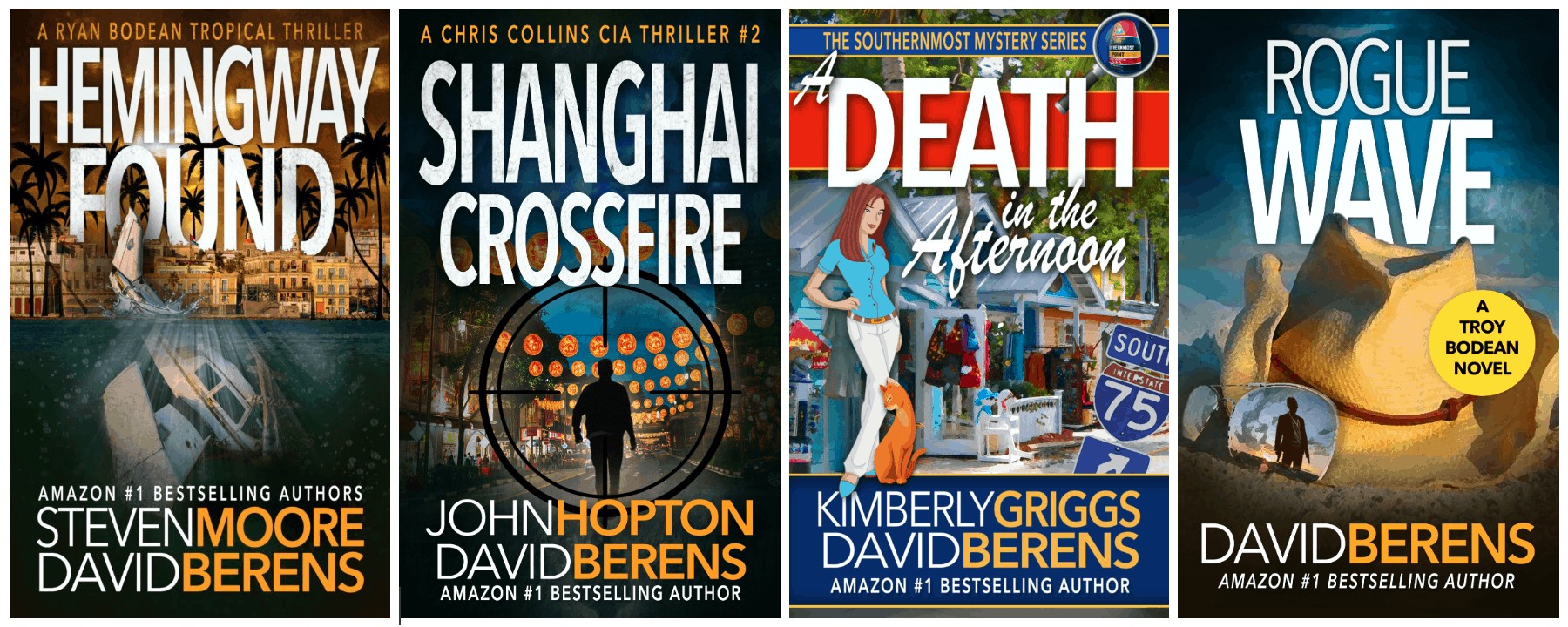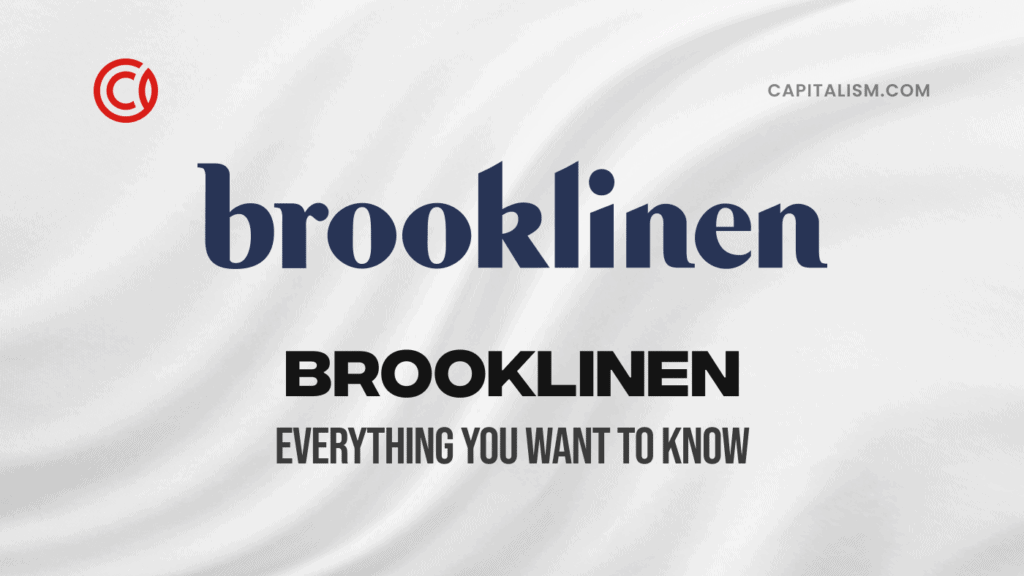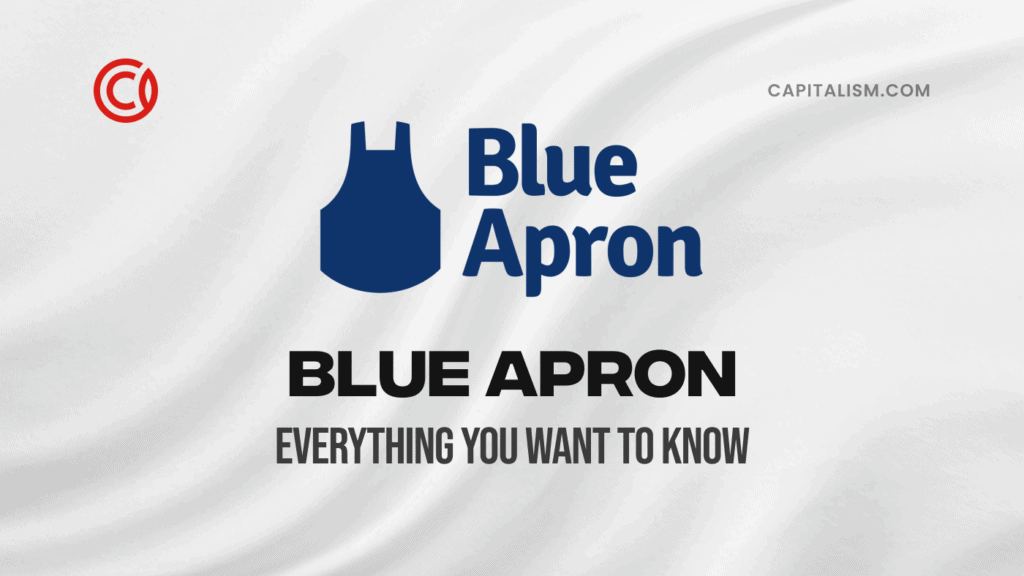Here’s the secret to scalability as a novelist. (David Berens is doing it!)
Becoming a best-selling author writing fiction is good work if you can find it. However, it’s not typically a fast path to cash. It’s not uncommon for authors to spend the better part of a decade writing, rewriting, and writing again. Stephen King blows the curve, typically writing about 180,000 words (his books are long!) in just three months.
Novel writing isn’t commonly considered a scalable business. Instead, it’s usually one author, pounding keys in seclusion to complete one book at a time. Except when an author is entrepreneurial enough to discover the secret to scalability. But first...
POP QUIZ: Name the author for each of these book series:
- Nancy Drew
- The Babysitter’s Club
- Jason Bourne
- Goosebumps
Trick question. If you guessed Carolyn Keene, Peter Lerangis, Robert Ludlum, and R.L. Stine, you don’t know the “dirty little secret” behind these hugely successful series. See, when authors write novels that do really well, it’s a mixed blessing. Readers LOVE the books… but then they demand more.
What’s a book publisher to do? Back in the day, they quietly enlisted the help of a team of ghostwriters to keep up with demand. Some authors were more transparent than others about this arrangement. Some, like Mary Higgins Clark, wrote with a writing partner they know. In Mary’s case, her partner is her daughter, Carol Higgins Clark. Jodi Picoult teams up with her teenage daughter, Samantha Van Leer. Those Little House books? Laura Ingalls Wilder had significant “editing” help from her daughter, Rose Wilder Lane.
The End of the Dirty Little Secret
Secretly using ghostwriters is undoubtedly one way to scale fiction-writing. Openly collaborating with other authors is another, and it’s a model that’s working really well for David Berens, author of the popular Tropical Thriller series. Here’s how he’s solved the scalability mystery:
David Berens has published numerous titles on the KDP platform, including a number that have made it to Amazon’s Bestseller List. With that said, he’s far from your typical author who's writing fiction. This is because he produces thrillers for sale on Amazon… with a twist - both in the stories and in how they’re written.
Although he began as a solo writer, creating books and publishing independently, David now works with a team of authors. They collaborate to produce the manuscript, and David heads up the publishing-related aspects. The books are fast-paced, and with multiple writers available to work on them, the entire operation is fully scalable.
So what are the advantages of this business model? How did he build it up? And how can someone else get started? Read on for a look at these answers and more.

The Writing Side of the Process
David finds co-authors by using readily available resources. He asks around in Facebook author groups and talks to editors in case they know of potential writers. In some cases, they find him; in others, he finds them directly. The ones looking for work quickly see how beneficial the model can be for them -- it benefits everyone involved.
Once the drafting begins, David is in charge of producing the outline and guiding the story’s overall direction. He provides character examples and necessary descriptions for the co-authors to use as they write. The writer then handles the draft, which would then return to David for edits.
The contract he enters into with co-authors are negotiable, but David covers editing and design costs upfront. From there, he splits revenue with the writer down the middle. In cases where writers take on more responsibilities, there is room for more compensation. Overall, David prefers to have new writers commit to at least three books.
How David Handles Editing and Revisions
Although David isn’t usually thrilled about the editing process, he knows how important it is. He runs completed drafts through Grammarly and ProWriting Aid, ensuring no errors are present. David then goes through the second draft, seeking to make sure it lines up with what his readers want, in quality, tone, and voice. In cases where the co-writer is international, he makes tweaks as needed to achieve consistent results.
David also utilizes an “advanced reader copy team” of 60 people, mainly from his email list, who comb through the draft to clean it up further. Having multiple pairs of eyes on the manuscript can highlight issues. Many issues could have otherwise gone unnoticed. Once this stage has come to completion, a paid proofreader takes the final editing step.
The Importance of Appearances in Writing Fiction that Sells
One of the takeaways from David’s early work was that readers do judge books by their covers. He uses PhotoShop for cover creation, ensuring a cohesive, branded look. His ideal appearance is one that makes them indistinguishable from traditional publications. And an added benefit of being independent is that he has the flexibility to relaunch a book with a new cover if the first wasn’t well-received.
After the cover, the blurb and description are the next items that require the most attention. David has used A/B testing with his ads to identify which covers and blurbs garner the best responses, before deciding on the winning candidate. For the space between the covers, he uses Vellum, a program by Microsoft Word for interior formatting.

Marketing the Finished Product
No book, no matter how good, can be a success if nobody knows about it. Independently publishing on Amazon means you won’t have the marketing teams of a traditional publisher behind you. Luckily, some resources can serve this need. For his marketing efforts, David sticks to three basic platforms:
- Amazon Marketing Services - Ads on product pages, PPC ads
- Facebook Ads - Can match ads with audiences, PPC and PPM
- Bookbub - Best for running book promotions, international audience
Another vital aspect of a book’s visibility is the rating. Accumulating good reviews for your book is one of the best ways to get it out in front of people, and to pre-qualify them when you do. To obtain reviews, David utilizes his email list. The advanced reader team, and Amazon itself -- the website allows you to give books away in exchange for reviews.
How Can You Start Building Your Publishing Empire?
If you’re hoping to get sales on Amazon for your independent novel, the first step is the simplest, and also the hardest: finish your book. Once you have it completed, you could seek out an agent in the hopes of going with a traditional publisher. Or, you could do what David did and get started on the KDP platform. It isn’t the only option for independent publishers, but it is possibly the easiest -- it doesn’t hurt that you’d be on the world’s largest shopping website, as well.
The platform contains all the information you’ll need for uploading and publishing your work, whether as a paperback or a Kindle ebook. It will also provide resources that can help further your understanding of how to format and prepare your book for sale.
Parting Words and Advice about Making Money Writing Fiction
Beyond taking the time to get your book started, and then written, David has some helpful tips for an aspiring KDP author:
- Build up an email list so you can reach your audience when you need to.
- Be open to criticism when you’re starting. It can be difficult, but it’s also the best way to improve as a writer.
- Outline and plan out your books, and you might find them much easier (and faster) to complete.
- Join online groups for writers, such as on Facebook. Get insights from authors who’ve gone down your path before. They’re more than willing to share their experiences if you’re open to listening.
- Reading books is also a valuable tool for sharpening an author’s toolkit. Some, in particular (like Stephen King’s On Writing), are widely known for their educational value for aspiring authors.
Above all else, David stresses the importance of continuing to work. Never stop trying to improve. Keep on going, even when it gets difficult. There are hard lessons to learn. Going through the tough patches will make you the kind of writer who can succeed.











